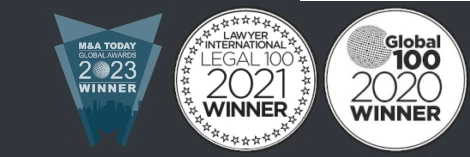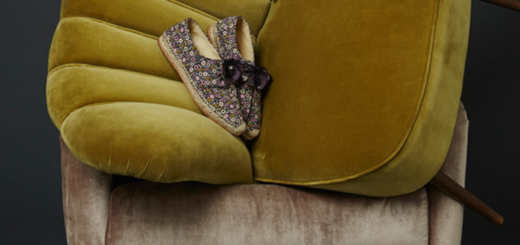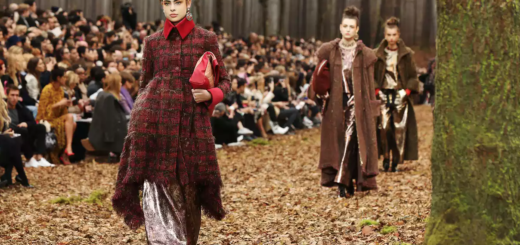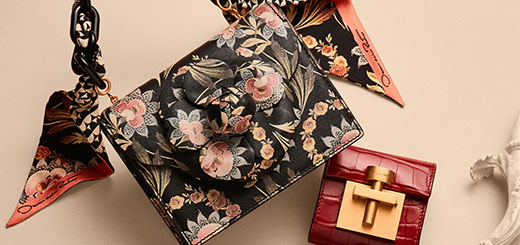Fashions trending towards lasting relevancy
WHILE lockdown continues and the long-term effects of the pandemic on restricted movement remain unknown, fashion is trending towards a relevant, neutral season palate of styles to last into the foreseeable future.
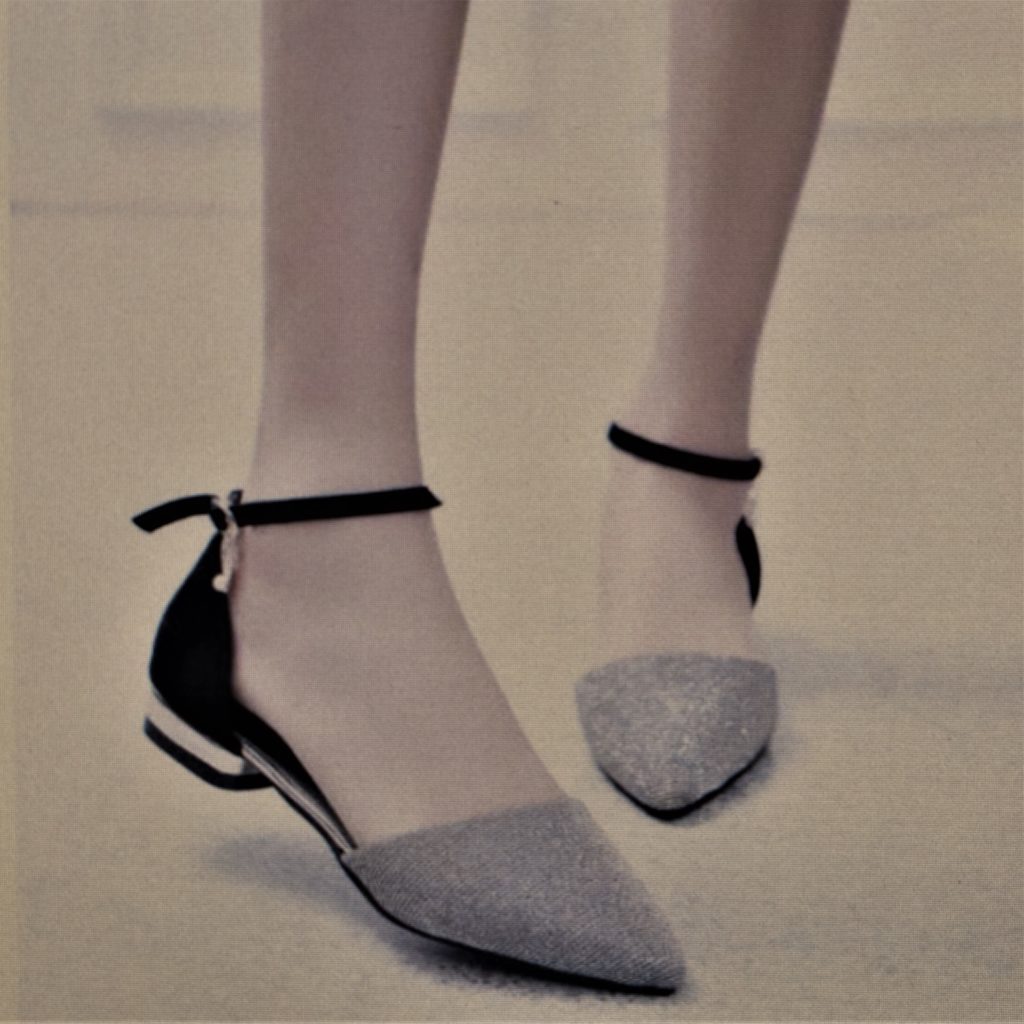
Far down the online shopping list even with summer just around the corner is swim- and occasion wear and floaty light dresses while consumer demand for casual classics, jewellery, makeup and activewear is on the rise.

In the weeks since lockdown quarantine measures were implemented, consumers have increasingly looked to online retail platforms offering well known premium brands while moving away from luxury couture labels.
“We have talked about seasonless for a long time and now see this trend really coming into its own,” said Stylus Head of Fashion Emily Gordon-Smith. “Focus on what consumers need right now and items that will have lasting relevancy, particularly basics and season-neutral items. People that have city jobs where they would normally be commuting or would have other overheads are redeploying that spend on little treats for themselves to get them through.”
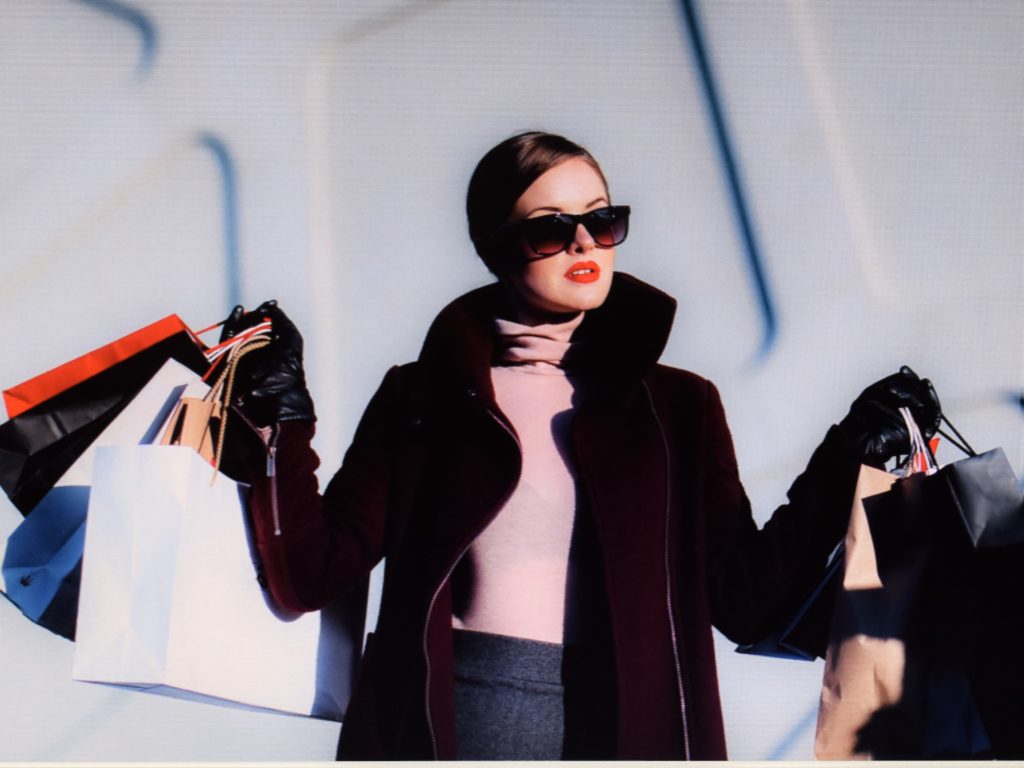
Consumers are spending available spending power on the ‘lipstick effect’, smaller luxury items including beauty products, luxury tops and jewellery while sales on handbags have plummeted. The trend was motivated by consumers dressing from the waist up for online meetings on a broad range of social media platforms.
“In the current climate people are spending more of their time in activewear than ever before, both because of the increased focus on health and wellness as well as the fact (that) in many countries, exercising is one of the key reasons for getting some fresh air and leaving the house,” said Nimble activewear cofounder Katia Santilli. “It’s more important than ever that activewear performs, but also looks great and provides the customer with value.”
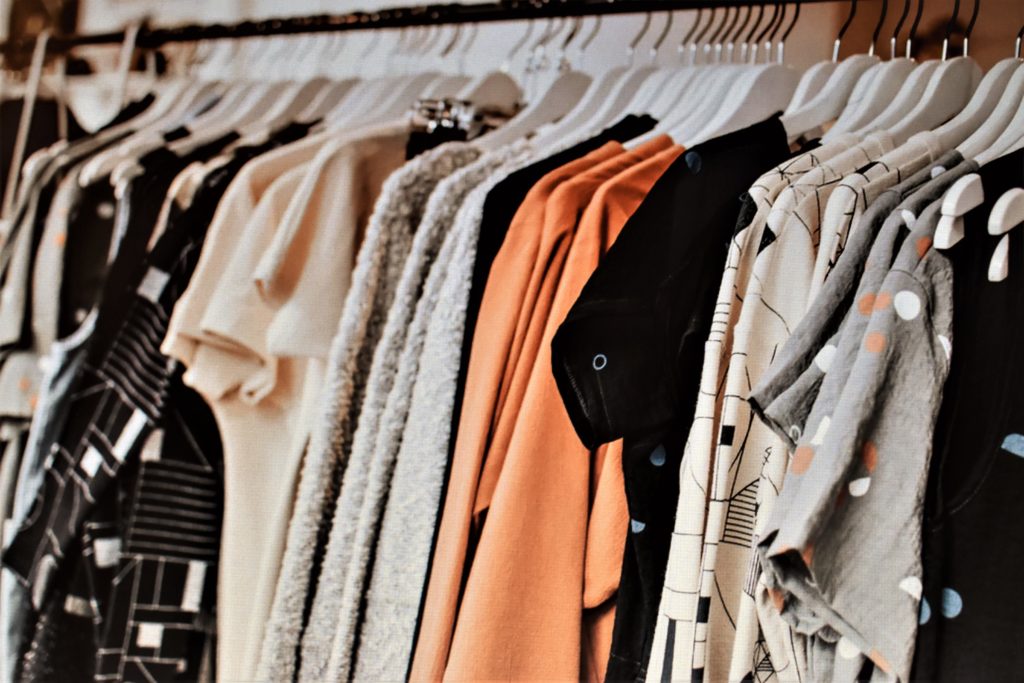
The online marketplace, Love the Sales features more than a million items from in excess of 1,000 retailers, and the demand for loungewear has increased by more than 400 percent.
